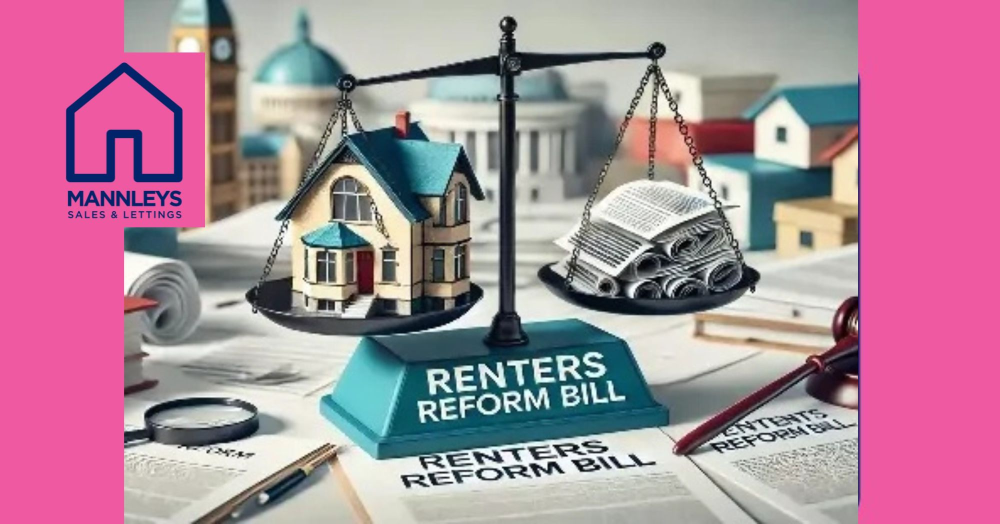
🏠 Renting Reform Risks: Could New Rules Drive Landlords Out – and Impact Tenants Too?
Mannleys I Insights | April 2025
As the Renters’ Rights Bill progresses through Parliament, a growing number of voices in the property sector are raising concerns — not just about the impact on landlords, but on tenants too.
One of those voices is lettings technology provider Goodlord, who recently highlighted how three major changes within the Bill could lead to unintended consequences. Their key message? These reforms, while well-intentioned, could reduce rental stock, increase rents, and place even more pressure on a sector already under strain.
Here at Mannleys, we work closely with both landlords and tenants, and we believe it’s important to look at how these changes may affect the real world — especially in areas like ours, where demand continues to outstrip supply.
⚖️ Three Key Changes Causing Concern:
1. Section 21 Evictions to be Scrapped
Under the Bill, landlords will no longer be able to end tenancies using Section 21 ‘no fault’ notices. While this strengthens tenant security, many landlords are worried about their ability to regain possession — particularly if they wish to sell or move back in.
Without faster, clearer court processes to support this change, we could see more delays and disputes. As Goodlord put it, “The new system needs to work for everyone — or it won’t work at all.”
2. Ban on Rent Bidding
The Bill proposes banning ‘bidding wars’, where prospective tenants offer over the asking price. This sounds tenant-friendly, but some experts believe it could result in higher advertised rents upfront, as landlords pre-empt the loss of flexibility.
3. Extended Rent Arrears Notice Period
Currently, landlords can serve notice after two months of rent arrears. The new Bill proposes extending this to three months — which could see tenants falling deeper into debt before action can be taken. From a landlord's perspective, this adds risk and uncertainty.
💬 The Industry Responds
Letting industry figures, including Propertymark and SAPRS, have joined Goodlord in calling for a more balanced approach. Their main concerns include:
A lack of clarity on how courts will manage the expected increase in cases
The risk to student housing if fixed-term tenancies are abolished
A general fear that smaller landlords may begin to exit the sector, reducing supply and driving up rents
🧠 What Does This Mean for You?
For landlords, this is a key moment to assess your position. If you own a rental property, now is the time to:
1 Review your tenancy agreements and property standards
2 Consider how future changes may affect your rental income or exit strategy
3 Seek advice on your options going forward, especially if you're feeling uncertain
For tenants, while the Bill offers stronger protections on paper, the broader impact on the market could be fewer available homes and higher average rents.
👥 Let’s Talk About It
At Mannleys, we understand the pressures on both sides. We’re here to help you navigate the changes, protect your investment, and stay informed as the rental landscape evolves.
If you'd like to speak to us about how this might affect your portfolio or future plans, just give us a call or drop us a message, or book onto our online Webinar on June 25th.
📍 Local Knowledge. National Standards. Trusted Advice.

